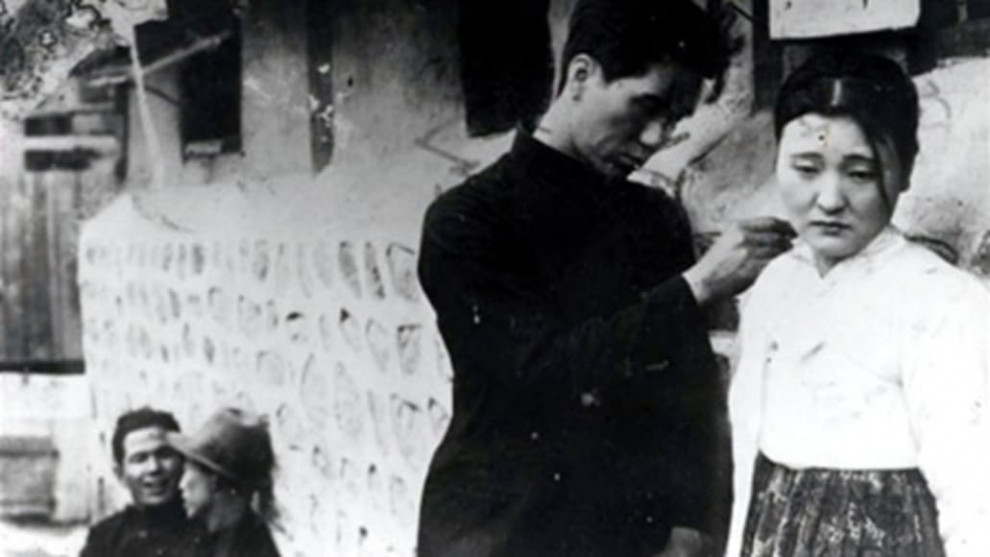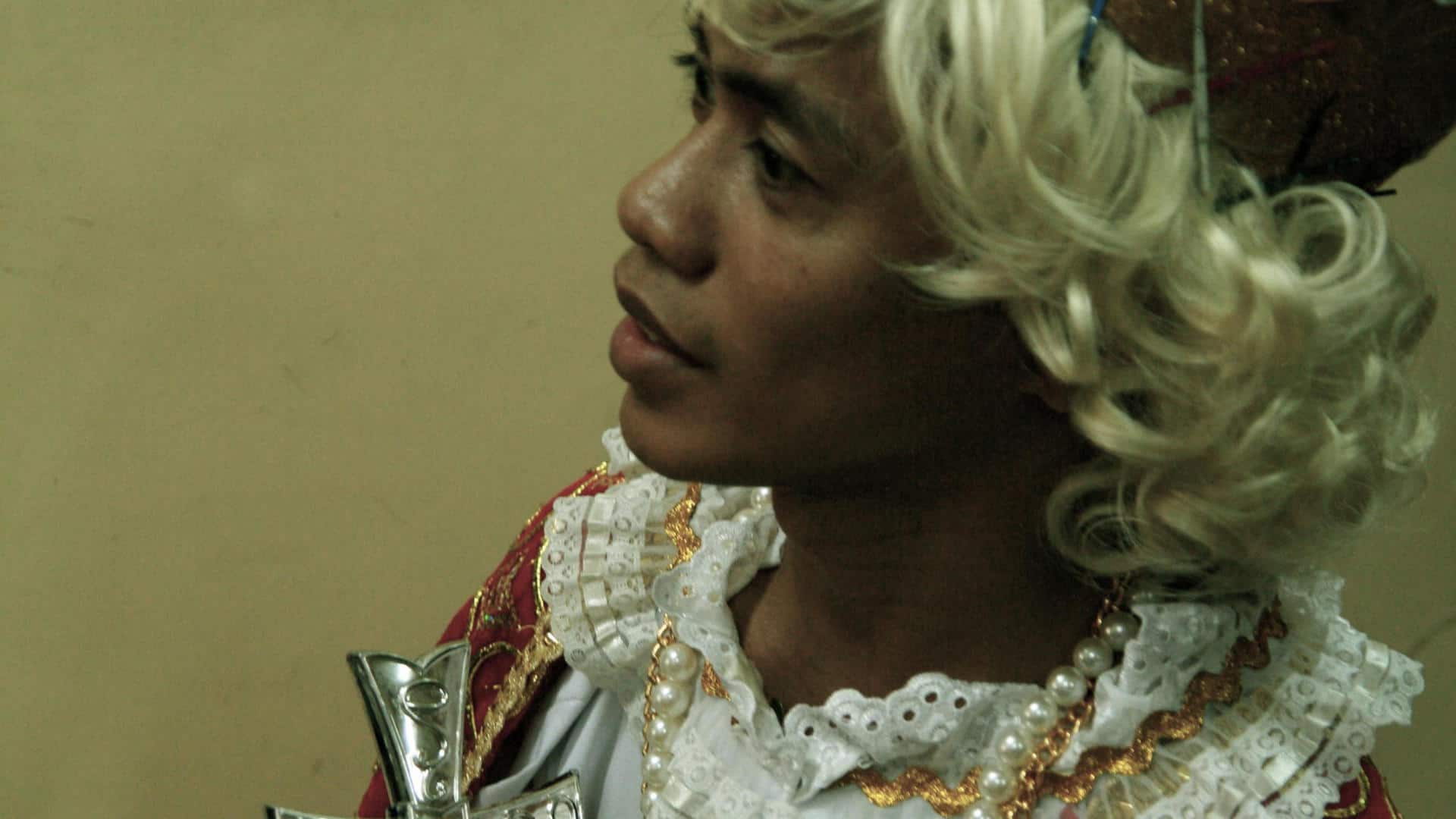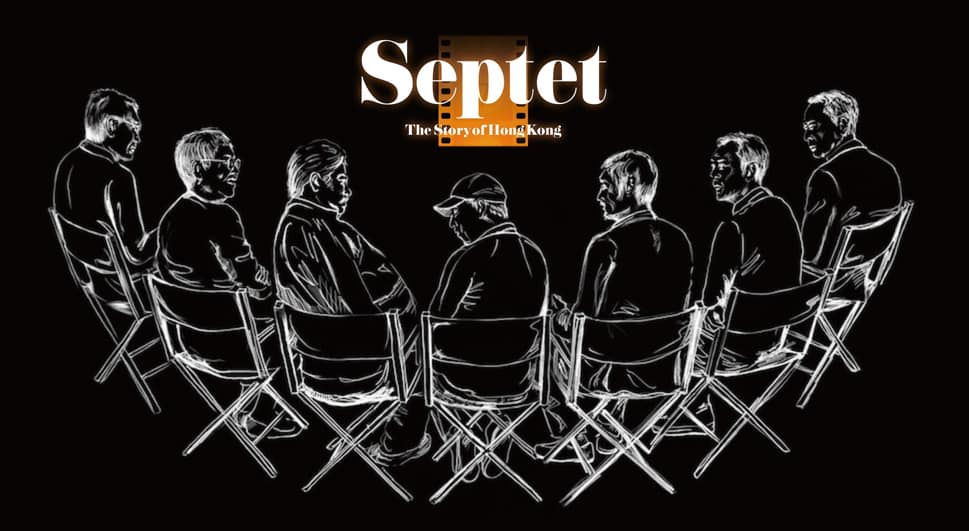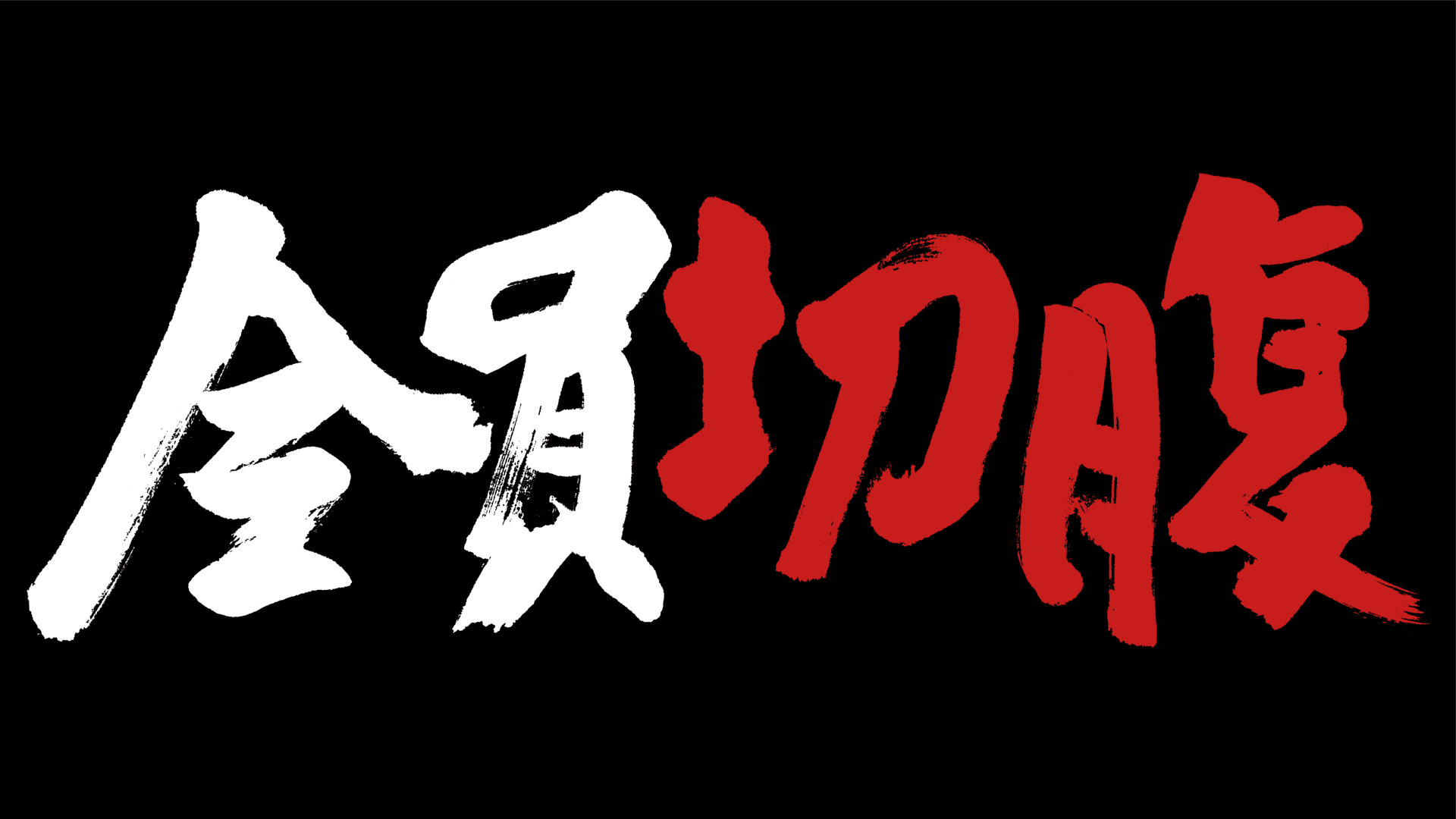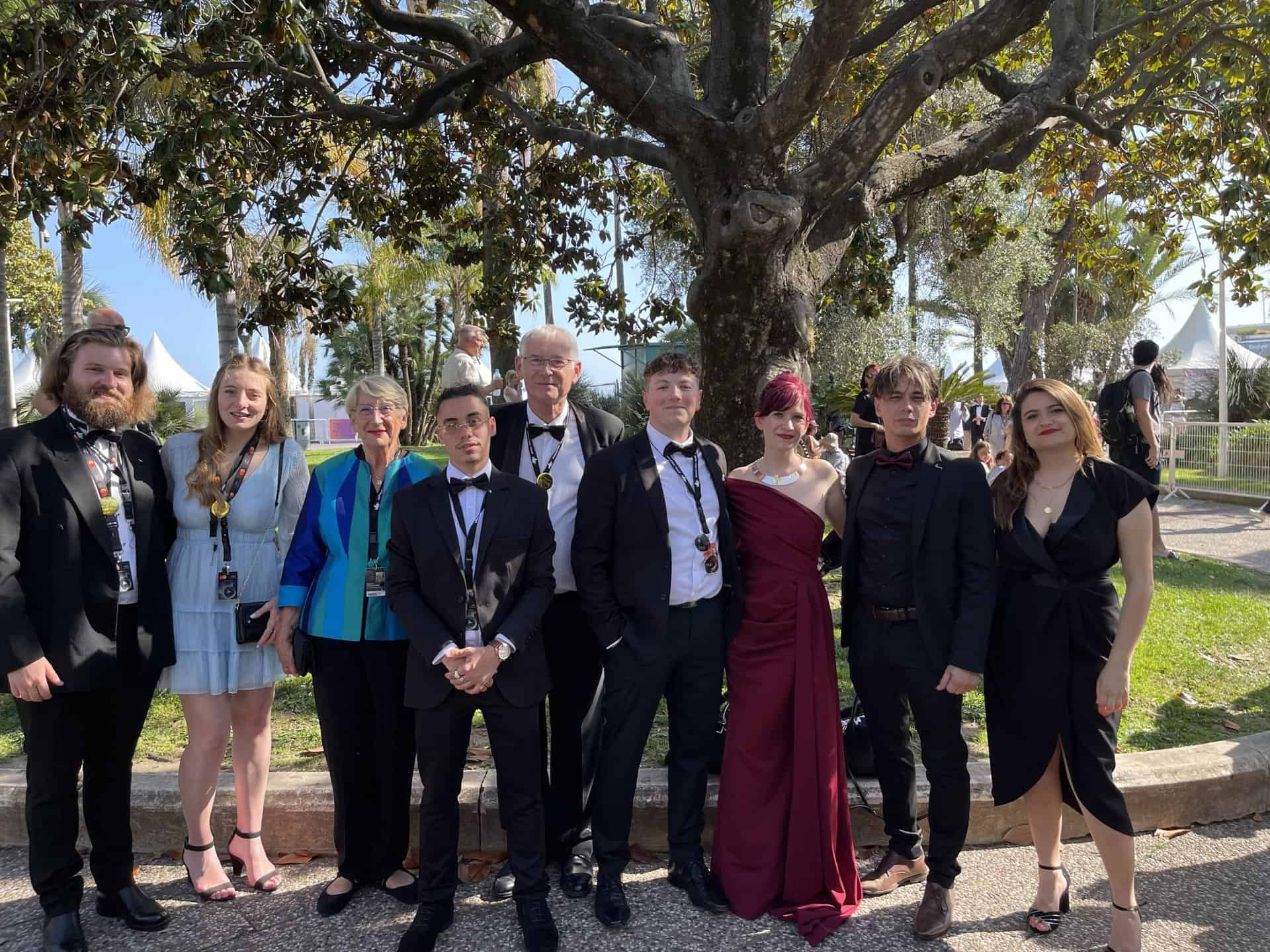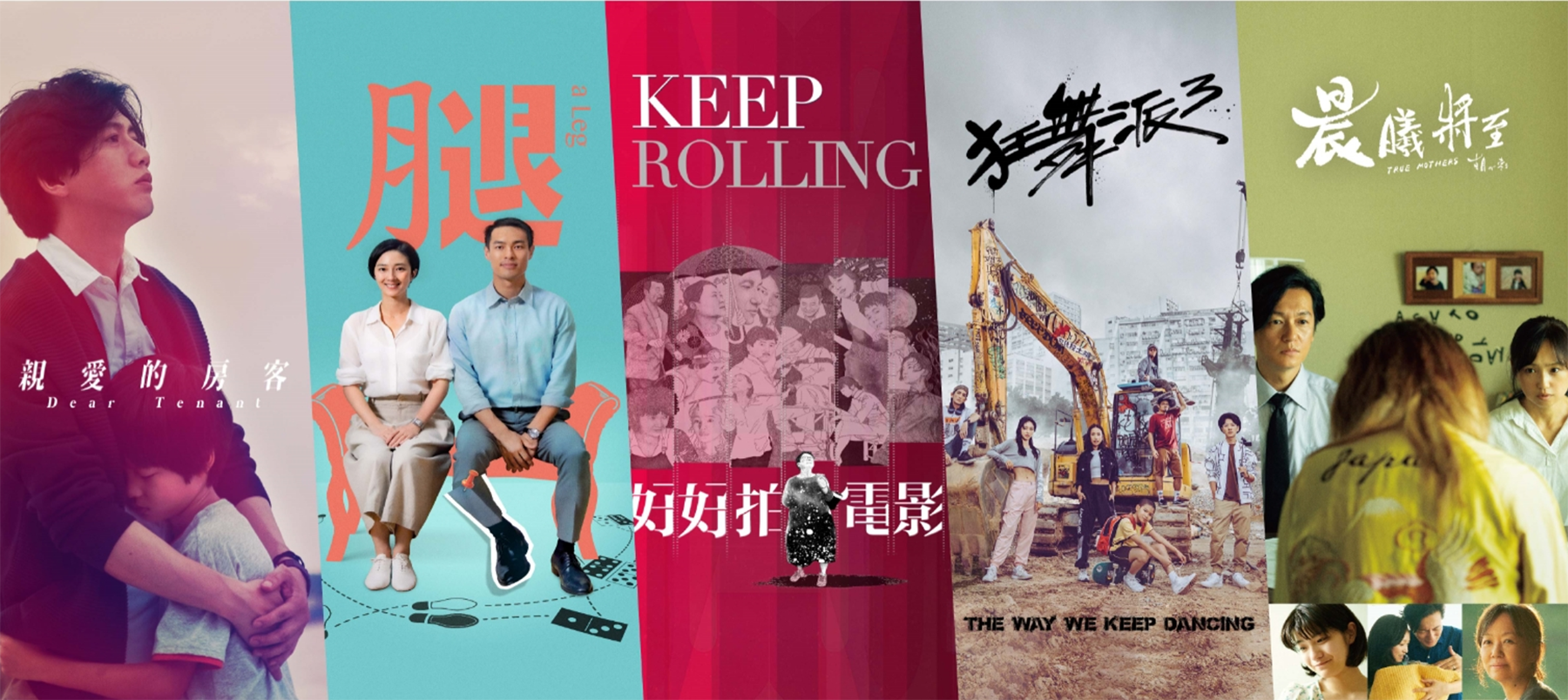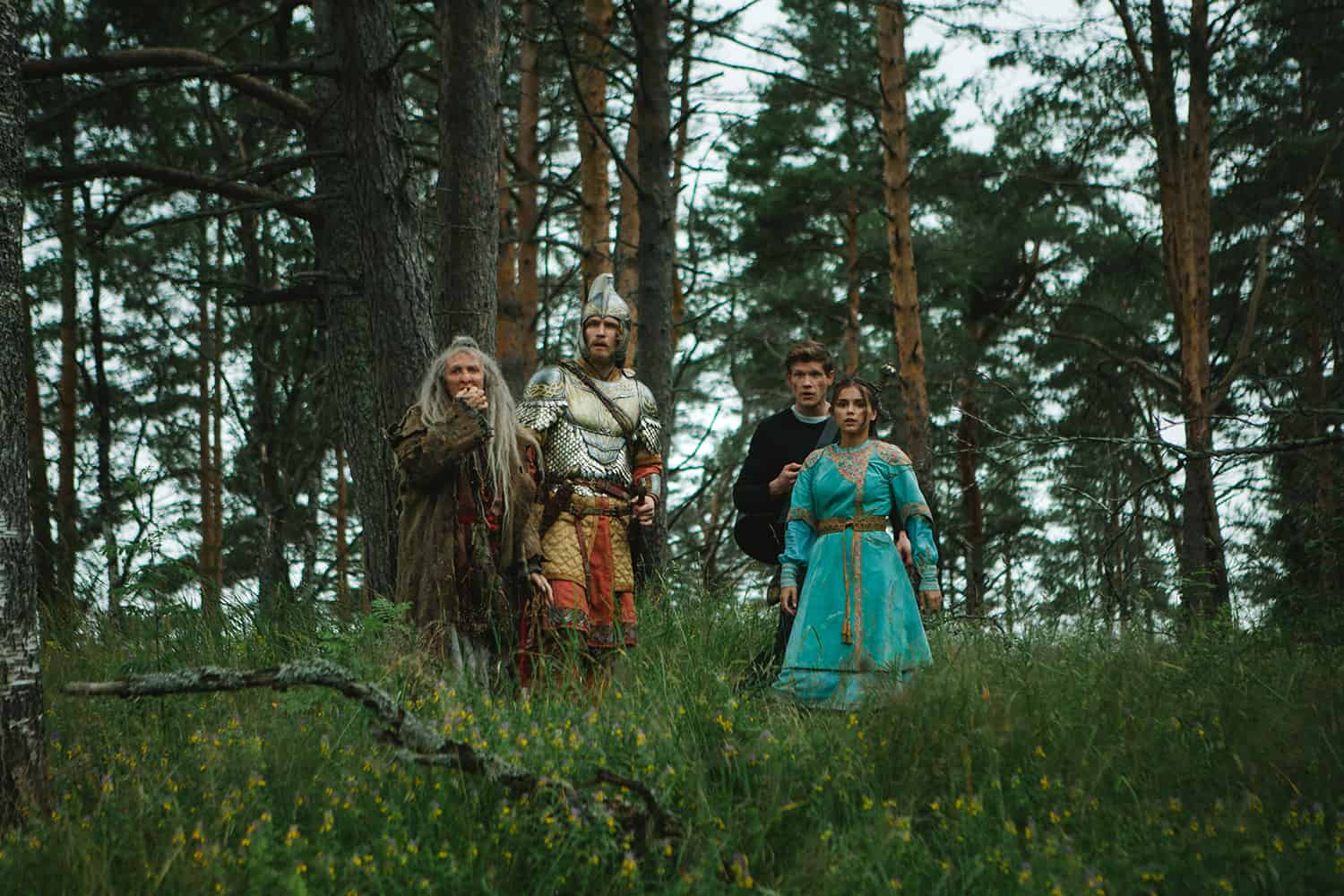• More than ten of Korea’s oldest surviving films to screen to UK audiences for the first time in February 2019 at BFI Southbank and the KCCUK
• BFI restorations to show in Korea at KOFA in Seoul as a cultural exchange this December
Tuesday 27 November 2018 – As the 13th edition of the London Korean Film Festival comes to a close, BFI, Korean Film Archive (KOFA) and Korean Cultural Centre UK (KCCUK) announce a new cultural collaboration for audiences in the UK and South Korea to enjoy each other’s film heritage.
This year’s festival featured 50+ films, UK and international premieres, filmmaker talks and a whole host of unique events. Following this exciting festival of diverse Korean cinema, BFI and KCCUK are proudly presenting a bold and engaging new programme that delves deep into its history. Marking the centenary of the first Korean film (made in 1919) each country will present treasures from their respective archives. In February 2019 BFI Southbank and KCCUK in London will screen every known surviving Korean film made before 1945 – many showing in the UK for the first time – while Korean audiences will be able to see BFI National Archive restorations of classic British films. The programme of 11 British films will include one of Alfred Hitchcock’s finest silent films THE RING (1927) and the BFI’s latest restoration, DISTANT VOICES, STILL LIVES (Terence Davies, 1988), and will screen at the Korean Film Archive (KOFA) in Seoul this December.
BFI Southbank and KCCUK will present – Early Korean Cinema: Lost Films from the Japanese Colonial Period – which will feature all surviving feature length Korean films produced before 1945. This includes Korea’s oldest surviving film, CROSSROADS OF YOUTH 청춘의 십자로 (Ahn Jong-hwa, 1934), which is the only film in the season to have been screened in the UK before. It was once assumed that all Korean cinema pre-1945 had vanished from existence, however following a series of remarkable archival discoveries and the tireless work of the Korean Film Archive 11 feature films have now been recovered and restored to their former glory. The season is co-curated by University of Sheffield Senior Lecturer Kate Taylor-Jones and KCCUK’s Film Curator Hyun Jin Cho and will include a diverse treasure trove of melodramas, propaganda films and newsreels from the colonial period as well as giving audiences the opportunity to learn about the stars, the directors and the politics of this complex and controversial time in Korean history.
The season opens at BFI Southbank on 7 February with CROSSROADS OF YOUTH 청춘의 십자로 (Ahn Jong-hwa, 1934). Audiences will have the opportunity to experience this tale of love, desire, betrayal
and revenge on the streets of Seoul as it was first premiered in 1934, with live performances from musicians, a narrator and actors, bringing the work to life.

The majority of the films programmed were made under Japanese occupation (1910 to 1945), and so are products of a complicated and difficult period in Korean history. For example military recruitment films MILITARY TRAIN 군용열차 (Suh Kwang-je, 1938) and VOLUNTEER 지원병 (Anh Seok-young, 1941) are highly inaccurate visions of the colonial experience. However, to just reject these films as nothing more than colonial propaganda would be to dismiss the skills, desires and ambitions of the Korean filmmakers.
Also screening during the season SPRING OF THE KOREAN PENINSULA 반도의 봄 (Lee Byung-il, 1941) offers a fascinating insight into the Korean film industry of the period. The film saw a young filmmaker and his crew struggle to bring the famous Korean story of Chunghyang (the most famous Korean pansori, a traditional narrative song) to the big screen. Torn between two very different women and facing financial ruin, the director makes a rash and foolish choice in order to realise his dreams.

The season offers the best of early melodrama with SWEET DREAM 미몽 (Yang Ju-nam, 1936) and FISHERMAN’S FIRE 어화 (Ahn Chul-yeong, 1938). This double bill sees two very different women set off for the bright lights of Seoul; one bored housewife abandons her family to search for love and excitement and a young woman is seduced away from her small poor fishing village only to be a bar girl (gisaeng) respectively.
The latest film in the programme celebrates Korean independence in 1945 and was the first film made after Japan’s defeat. HURRAH! FOR FREEDOM 자유만세 (Choi In-gyu, 1946) charts the life and death battle that Korean freedom fighters faced under Japanese occupation. Directed by Choi In-gyu who had previously made colonial propaganda films, HURRAH! FOR FREEDOM shows the complex personal and artistic decisions people had to make under colonial occupation.
Other titles exploring the colonial Korea period are PATRIOTS DAY IN JOSEON 조선의 애국일 (Unknown, 1940), JAPANESE CHRONICLES 일본실록 (Unknown, C.1943) JOSEON NEWS NO. 11. 조선시보 제 11 보 (Unknown, C.1943) and TUITION 수업료 (Choi In-gyu and Bang Han-joon, 1940).
TUITION 수업료 (Choi In-gyu and Bang Han-joon, 1940) – which depicts the lives of ordinary people facing hardship during difficult economic times – will be previewed at the Independent Cinema Office’s (ICO) Archive Screening Day bringing it to the big screen for the first time in over 70 years. Taking place at BFI Southbank on 29 November, the day will also incorporate screenings, workshops, panels and presentations on how to create transformative archive film events at your venue.

From 8 – 16 December 2018 the Korean Film Archive will screen 11 classic British films restored by the BFI National Archive. Alongside a number of the screenings, BFI and BFI LFF programmer Kate Taylor, will give a short introduction on each title. Additionally, Taylor will give a public presentation on 15 December outlining the work of BFI National Archive to preserve, restore and make accessible British film heritage.
Seminal British films being screened include Ken Russell’s visually stunning adaptation of D. H. Lawrence’s novel WOMEN IN LOVE (1969) and David Lean’s quintessentially British romance BRIEF ENCOUNTER (1945). There will also be a screening of Lean’s earlier film THIS HAPPY BREED (1944) about the lives of an ordinary London family between the two world wars.
The exchange will also give Seoul audiences the chance to see two of Derek Jarman’s most important films with CARAVAGGIO (1986) and WITTGENSTEIN (1993) as well classics from the golden age of British silent cinema such as THE INFORMER (Arthur Robison, 1929) and Anthony Asquith’s debut SHOOTING STARS (1928) a fictional behind-the-scenes glimpse into the early movie industry.
Other BFI restorations being shown by KOFA include, MINUTE BODIES: THE INTIMATE WORLD OF F. PERCY SMITH (Stuart Staples, 2016) and Margaret Tait’s BLUE BLACK PERMANENT (1992).


